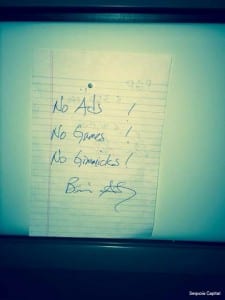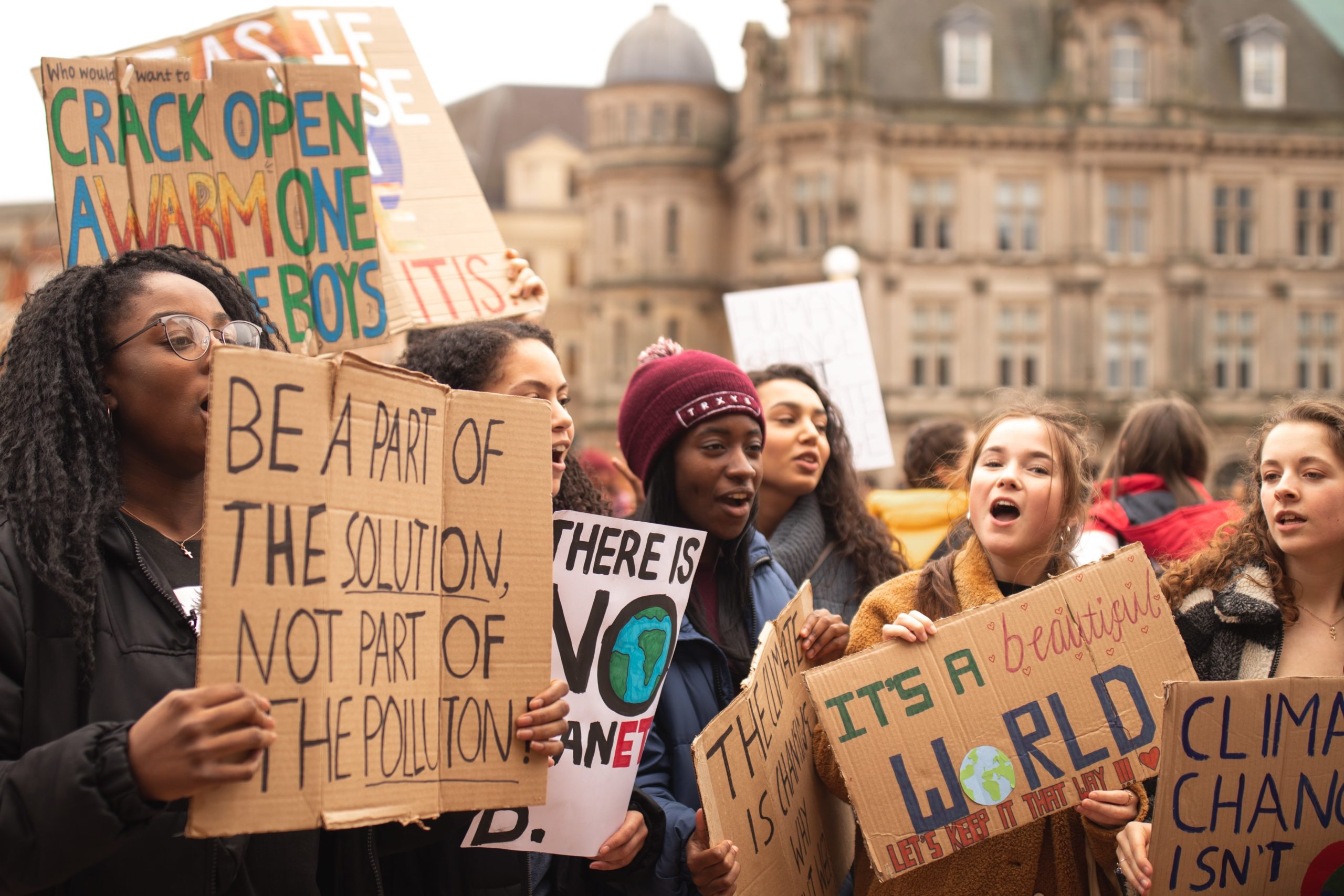As you may have seen already, Facebook has rocked the technology and social media world by announcing that it is buying messaging service WhatsApp for $19 billion.
As the entire Internet struggles to make sense of the size of the deal and what it all means, we’ve been hunting down the key points that you need to know.
WhatsApp will remain a standalone service.
As ever, the first question being asked is, “What does this mean for the future of WhatsApp?” Does Facebook see this as a way to supercharge or even replace its own messaging service? The hint is that the service will remain a standalone entity (as happened with Facebook’s acquisition of Instagram). As Mark Zuckerberg says in his blog post announcing the purchase:
“WhatsApp will continue to operate independently within Facebook. The product roadmap will remain unchanged and the team is going to stay in Mountain View. Over the next few years, we’re going to work hard to help WhatsApp grow and connect the whole world. We also expect that WhatsApp will add to our efforts for Internet.org, our partnership to make basic internet services affordable for everyone.”
Increasingly, this suggests the move is more a defensive play rather than a way to add features, functionality or even users to the Facebook ecosystem.
So, will Facebook also stay true to the WhatsApp business model of charging users $1 after they’ve used the service for a year? Or will it try to add other monetization options, as it is doing with Instagram? The WhatsApp founders have always been true to their aims of keeping the platform simple; founder Jan Koum keeps a written note on his desk proclaiming “no ads, no games, no gimmicks.”
Can these four numbers explain the valuation?
There is no doubt WhatsApp is a highly successful company, and the app’s ability to work across different platforms (not an easy task by any means) makes it a winner in terms of its potential audience. But is it really worth $19 billion?
WhatsApp investor Sequoia Capital issued an interesting blog post today which pointed to four numbers that it felt justified the purchase:
- 450 million: The number of global active users
- 32: The number of (now hopefully very wealthy) engineers employed by WhatsApp , a sign of the lean approach the company has pursued
- 1: The sole focus of the app’s raison d’être: mobile messaging
- 0: The amount of money the company has spent on marketing, a sign of strong emotional connection with consumers
It’s hard to see how Facebook is going to make a fast return on this investment. Sure, WhatsApp is making revenues, has impressive user figures (especially amongst the younger age demographics who are increasingly moving away from Facebook) and has future opportunities (particularly in Asia and the developing world) when it comes to mobile payments. But $19 billion still seems like a stretch.
What does this all mean for marketers?
There is no doubt that the trend towards messaging apps is real. And there is also no doubt that brands would love to be able to use WhatsApp to reach consumers. But I’d be surprised if Facebook or WhatsApp opened the platform up to brands anytime soon.
Facebook’s number one goal (as it has been elsewhere with the launch of Facebook Home and Paper) is to keep mobile users engaged, so I doubt we’ll see them opening up the platform for brands either through advertising (for the above reasons) or for community engagement.
That’s not to say that brands aren’t already trying to embrace WhatsApp. There are ample opportunities when it comes to customer service, VIP fan communication or even push marketing. But I don’t think you’ll find many brands spending too much time focusing on WhatsApp in the near future.
Behind the scenes
As a final note, it’s worth checking out this article from Wired for a unique behind-the-scenes look at WhatsApp, the company. In December, Wired was given unprecedented access to Jan Koum and his team. It’s a frank tale of how Koum went from someone who was unable to afford calling family in his native Ukraine to selling a business for $19 billion to Mark Zuckerberg. Talk about hitting the lottery.




